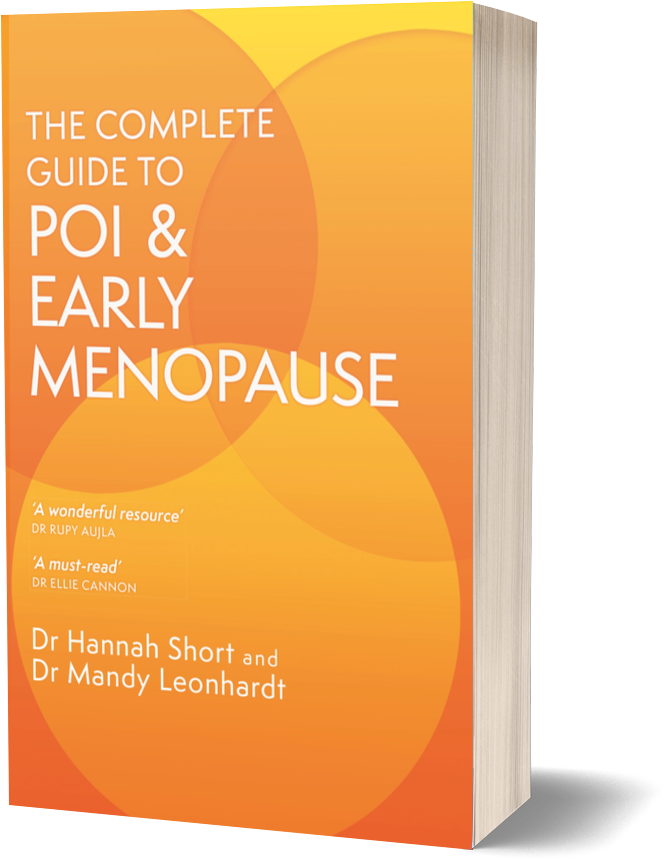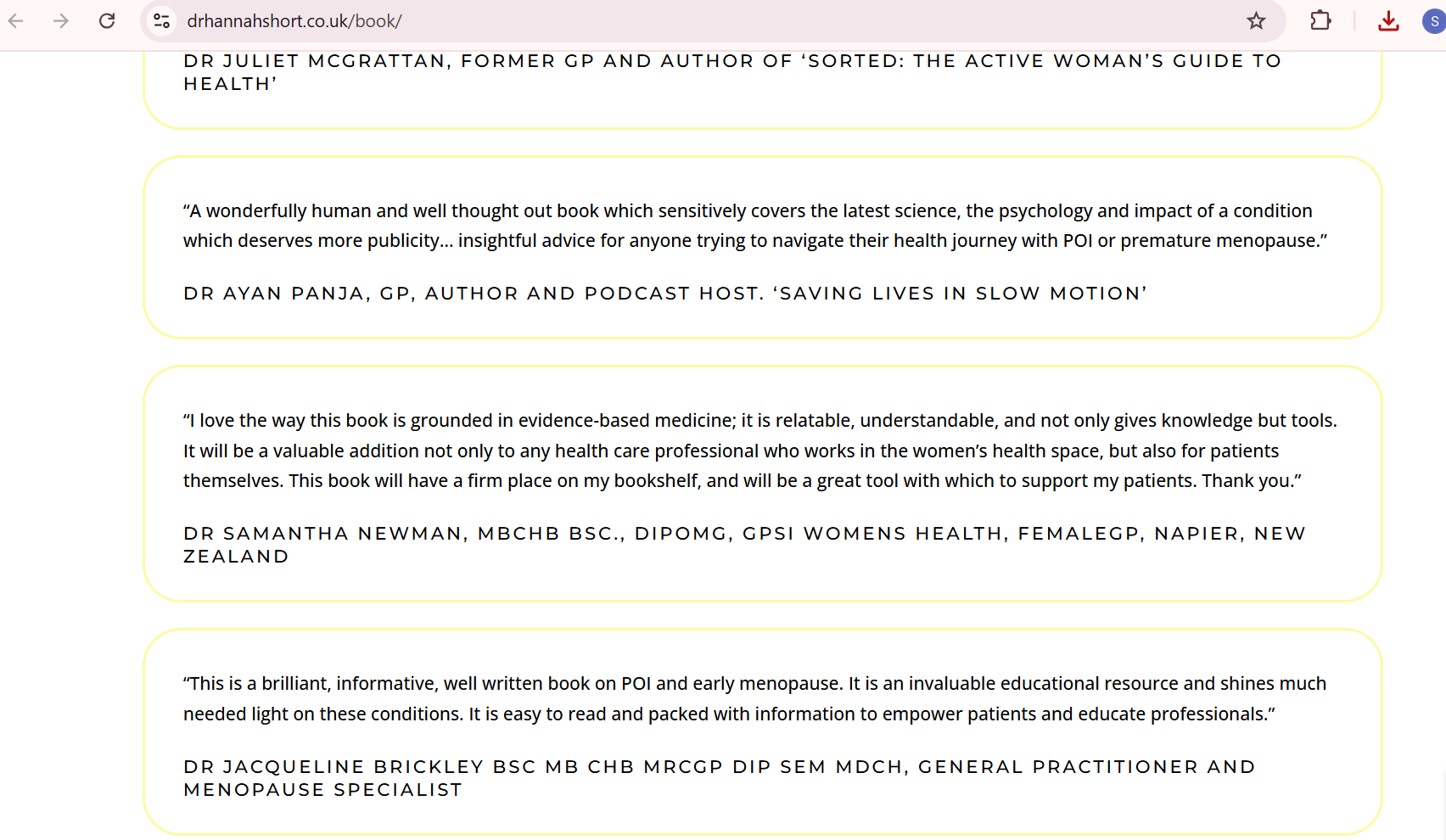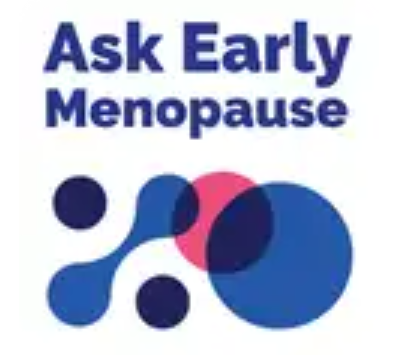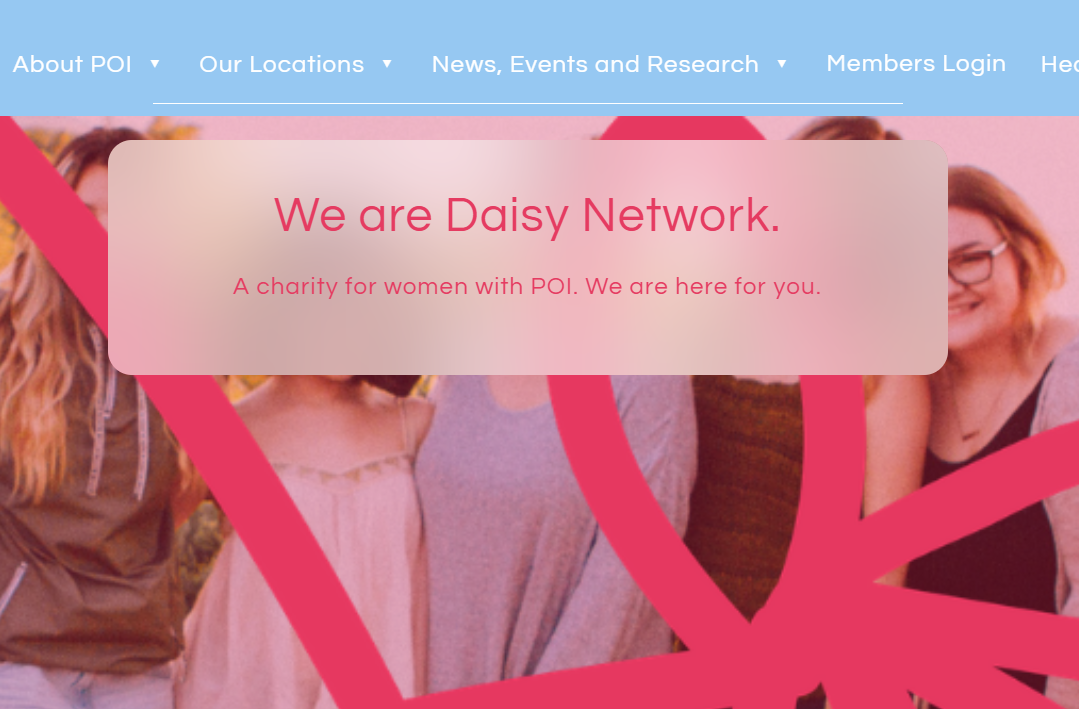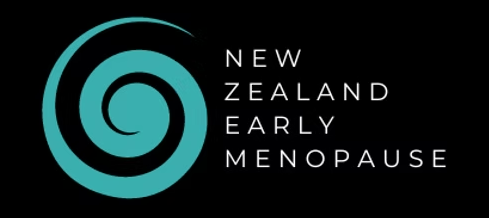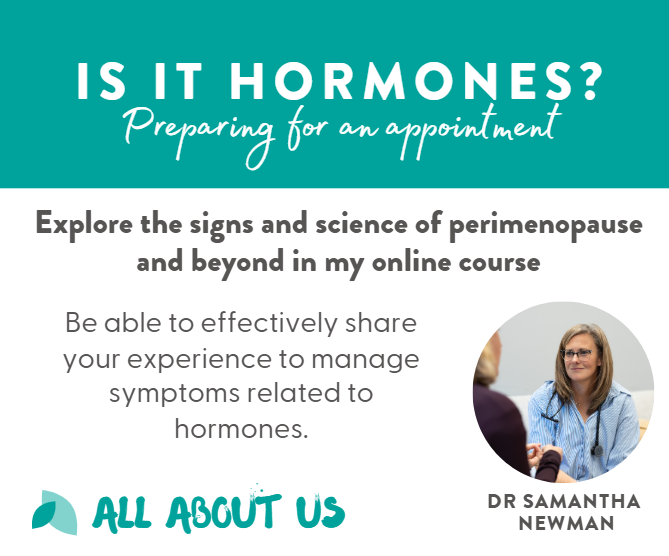Primary Ovarian Insufficiency (Early/Premature Menopause)
Primary Ovarian Insufficiency (POI) is a condition where the ovaries stop functioning normally before the age of 40, leading to reduced or absent reproductive hormone production. This results in symptoms similar to perimenopause or menopause, including irregular or missed periods, hot flushes, mood changes, fatigue, and difficulties with fertility. POI differs from menopause, which typically occurs around age 51, in that ovarian function may fluctuate, and spontaneous ovulation can still occur.
Early menopause, by contrast, refers to menopause that occurs between the ages of 40 and 45. Both conditions can result in similar symptoms, but in cases of early menopause, perimenopause—the transition phase—may begin even earlier than usual, potentially leading to a prolonged period of hormonal changes and associated challenges.
There can be significant emotional and physical impacts of POI and early menopause. Estrogen (and progesterone) are also brain hormones, not just ovarian hormones. We prioritize supporting women through these diagnoses, helping them manage symptoms while also addressing the long-term health implications, such as risks to bone, heart, and brain health. We know it can be a lonely space, so if you are able to share some information with us on your registration form we can triage appropriately. GPs can start hormone replacement therapy, so your GP is always a great place to start.
Causes of POI and Early Menopause
POI and early menopause can occur due to several factors, including:
1. Medical Causes:
- Genetic Conditions: Certain genetic disorders, such as Turner syndrome or Fragile X premutation, can lead to POI.
- Autoimmune Disorders: In some cases, the immune system mistakenly attacks ovarian tissue, disrupting normal ovarian function.
- Infections: Rarely, infections like mumps can damage the ovaries.
2. Medication-Induced:
- Chemotherapy: Many chemotherapy drugs can damage ovarian tissue, impairing hormone production and reducing egg reserves.
- Radiotherapy: Radiation treatment to the pelvic area can similarly affect the ovaries, either temporarily or permanently.
3. Surgical Causes:
- Oophorectomy: The surgical removal of one or both ovaries, often performed to treat conditions like ovarian cancer or severe endometriosis, results in an immediate onset of menopause.
- Hysterectomy: While the ovaries may remain intact after a hysterectomy, the procedure can sometimes lead to reduced ovarian function or earlier menopaus e.
Managing POI
Managing POI is essential for both emotional well-being and long-term health. Hormone therapy, typically involving estrogen and progesterone (and sometimes testosterone), is a cornerstone of treatment to replace the hormones the ovaries would normally produce. This not only helps alleviate symptoms but also protects against long-term risks like osteoporosis, cardiovascular disease, and cognitive decline.
We prioritise those navigating POI because often higher prescription doses of hormones are needed for wellbeing (and chronic disease prevention) and not all clinicians are confident in this approach. Also medical and surgical menopause can often cause quite marked symptoms - so we don't want you to struggle unnecessarily!
Additionally, it is important to assess potential causes of POI or early menopause, considering whether further investigations, such as blood tests or imaging, are necessary. You may need a referral to an endocrinologist for specialized assessment and management.
BOOK: POI and Early Menopause
The Complete Guide to POI and Early Menopause offers a road-map to navigating the emotional and hormonal rollercoaster that accompanies a diagnosis of premature ovarian insufficiency (POI) or early menopause.
Drawing on our own experiences and clinical expertise, we bring together the latest research, insights and the voices of women themselves with a whole-body approach that prioritises empowerment and health.
A fantastic resource
This book is such a fantastic resource for anyone going through POI or supporting someone. I includes not only the medical aspects but so importantly, and often not recognised but the social and psychological aspects.
Ask Early Menopause
Menopause before the age of 40 is called premature menopause, while menopause before 45 is referred to as early menopause (EM), which affects about 12 in 100 women.
Women often describe the experience as life-changing, saying, “Early menopause changes you—physically, emotionally, and psychologically.”
AskEM - creation of an app, designed *with women, for women*, to provide reliable, expert information about EM. It includes tools like a personal dashboard to help you track symptoms, build a healthy lifestyle, and explore the best management.
Daisy Network
A UK-based charity developed to empower and advocate. The Daisy Network supports women diagnosed with Premature Ovarian Insufficiency (POI) by providing a safe space to connect with others, share experiences, and access trustworthy information. They focus on treatments like HRT, assisted conception options, and the latest research
New Zealand Early Menopause
The New Zealand Early Menopause (NZEM) website supports women across Aotearoa navigating early menopause due to genetic, natural, or medically induced causes. It provides:
Support: Offering resources and guidance to help women through their personal early menopause journeys.
Information: Simplifying access to reliable resources on physical and emotional health, without endorsing specific treatments, and encouraging informed discussions with healthcare providers.
Stories: Sharing diverse personal experiences to foster a sense of connection and community among women with shared challenges.

